Get To Know Your Safety Gloves: Material & Style
By EPT Workwear | | Last Updated: 22/07/2020

Hand protection is critical - find the right glove for the job. Below is a guide to materials used and the performance factors associated. This will aid in decision making to secure the right hand protection for the job.
General types of glove for industrial use:
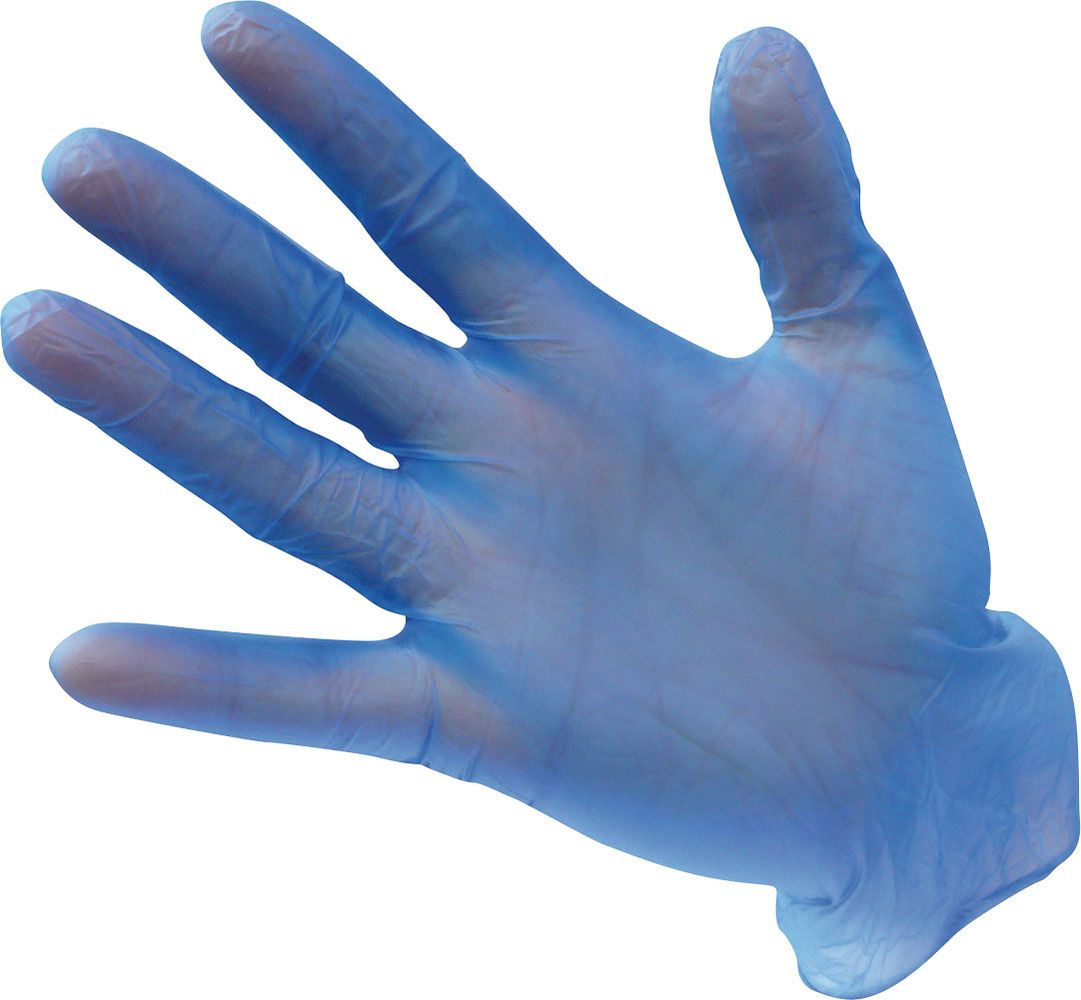
Disposable Gloves
Constructed using rubber or vinyl to protect against mild irritants.
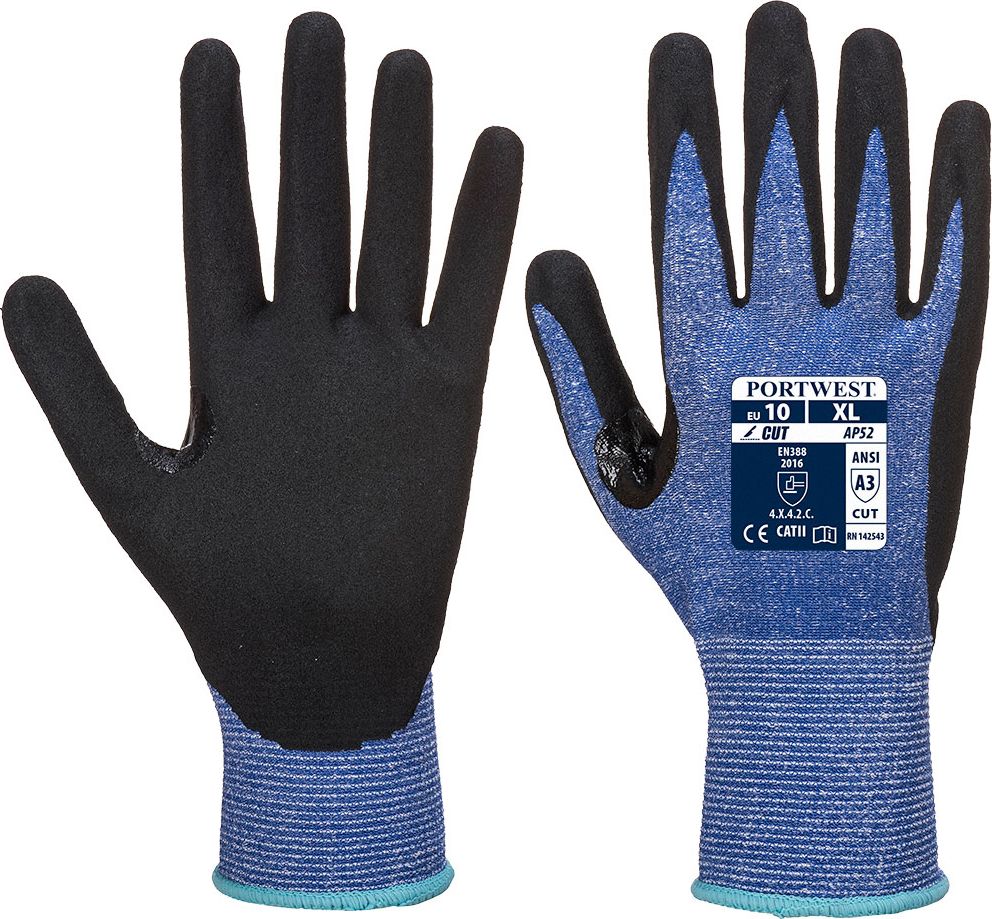
Fabric Gloves
Constructed using fabric or cotton material, used to insulate the hands from heat or cold. Used for enhanced grip and handling slippery objects.
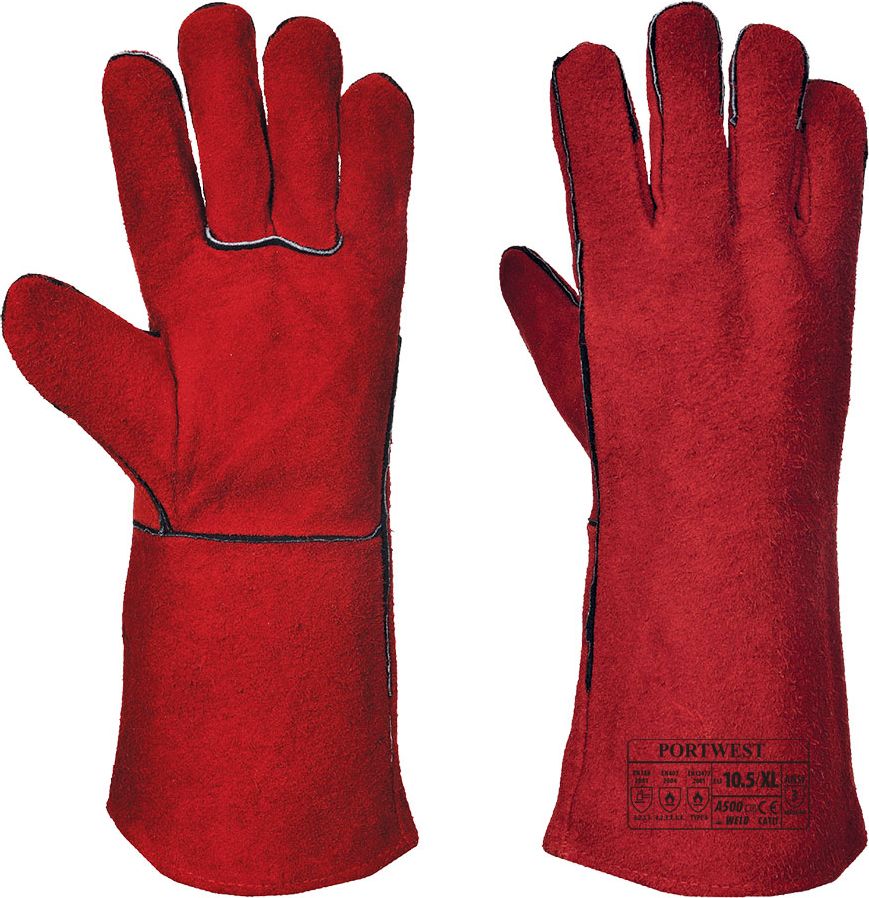
Leather Gloves
Leather is a traditional material used to protect against injuries from rough abrasive surfaces. Ideal for use in welding applications.
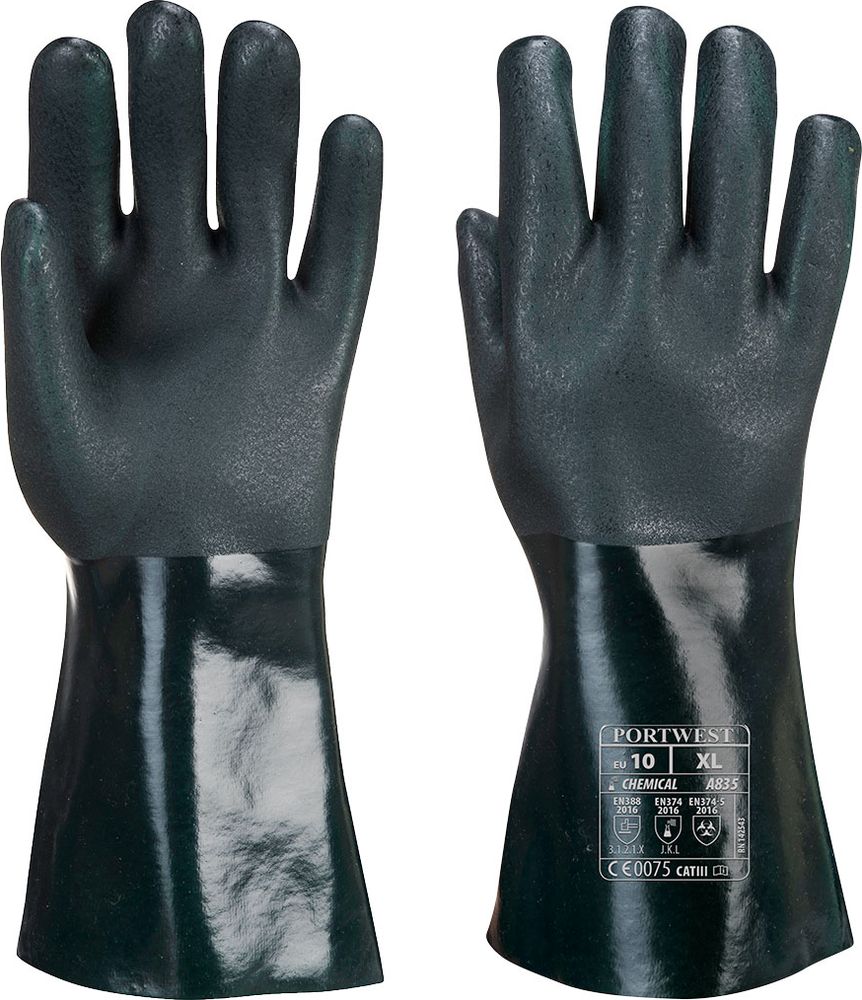
Chemical Resistance Gloves
Made from rubber, synthetic rubber or PVC. These gloves protect hands from corrosives, oils and solvents.
Gloves liner type:
Knitted
Highly breathable, close fitting with good dexterity.
Seamless
Avoids hand irritations due to no seems, increased comfort.
Sewn & Impregnated
Available with several types of construction and assembly, mainly cut and sewn. Coating is bound to the fabric for good resistance to abrasion. Sewing and impregnation process allows the manufacturing of thin gloves, for enhanced dexterity.
Coated/Dipped
Made by dipping a knitted or woven cloth liner into the glove compound - the liner "supports" the compound and adds strength. Compound used enhances the mechanical performance, different compounds are used for different conditions.
Gloves liner material:
Cotton
Comfort / breathability.
Nylon
Stretch / elasticity.
Para-aramid
Cut resistance / heat resistance.
Dytec
Premium cut resistance, free from steel and glass fibres.
HPPE
High performance cut resistance, comfort, abrasion resistance.
Glass Fibre
Cut resistance.
Leather: Smooth Grain
Durable, supple, oil & water repellent.
Leather: Split Grain
Abrasion resistance, durable, dry grip.
Dipping material:
Nitrile
Excellent resistance to snag, cut, puncture and abrasion. Dry grip.
Neoprene
Dry, wet and oil grip.
Nitrile Sandy
Wet and dry grip. High abrasion resistance.
Nitrile Micro Foam
High dexterity with improved touch sensitivity.
Nitrile Foam
Oil and wet grip.
PU
Good abrasion resistance. Dry grip.
PVC
Good abrasion resistance. Dry, wet and oily grip.
TPE
High grip and abrasion resistance.
Cuff style:
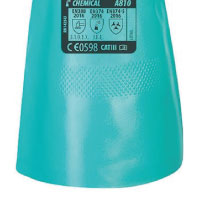
Unsupported
Moulds are dipped directly into a compound material, giving the maximum dexterity. There are two options, unlined or flock-lined with cotton or rayon polyester for improved comfort.
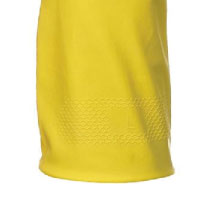
Beaded
Optimise liquid protection with increased cuff strength.
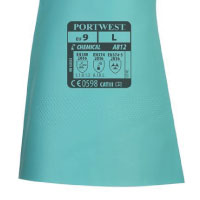
Straight
Additional length which protects forearm from liquid runoff.
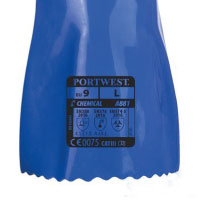
Pinked
Traditional style, improved edge grip for ease of donning and glove removal.
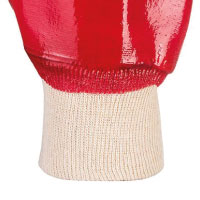
Supported
A liner is dipped into a compound material. This absorbent liner provides improved comfort during wear and adds strength and durability to the glove.
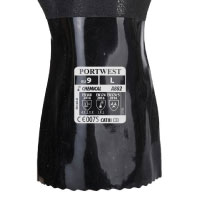
Gauntlet
Additional length which protects forearm (10cm plus).
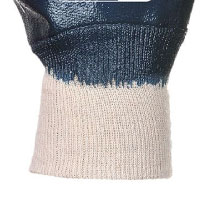
Knitwrist
Securely fits gloves in place and prevent dirt entering the glove.
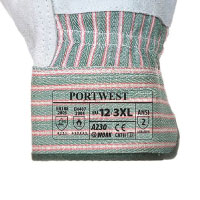
Safety
Provides additional wrist protection (7cm in length).
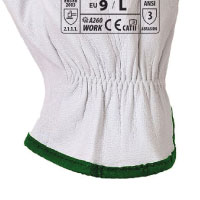
Slip On
Easy donning, economical design.
This entry was posted in :
Tags: